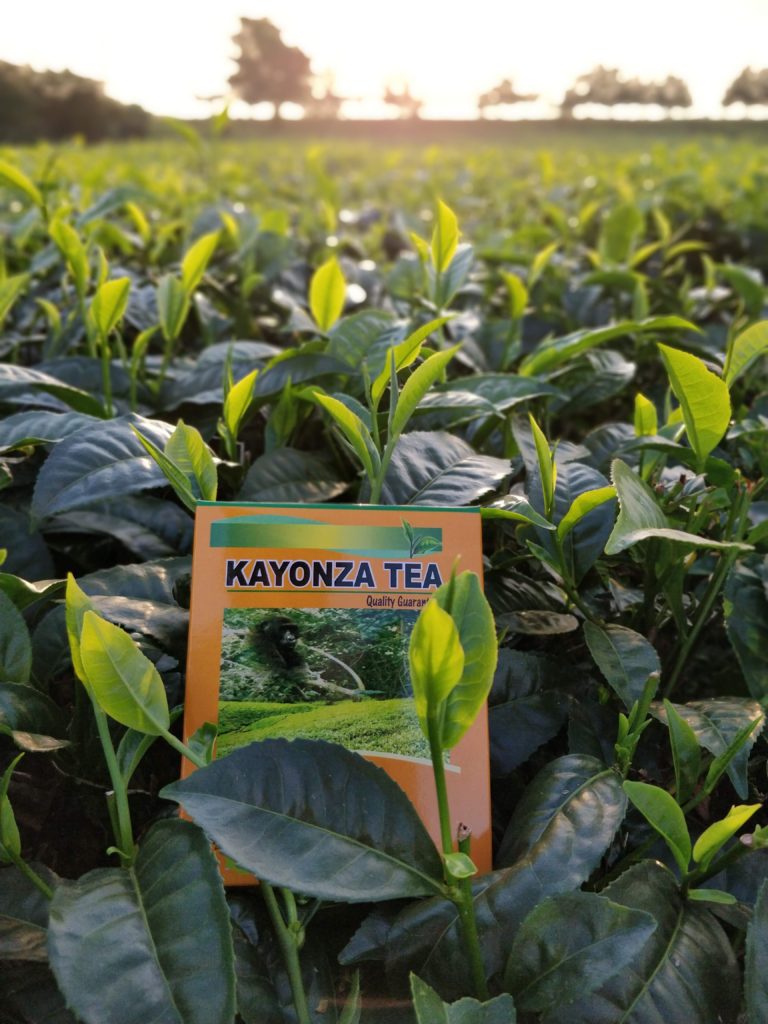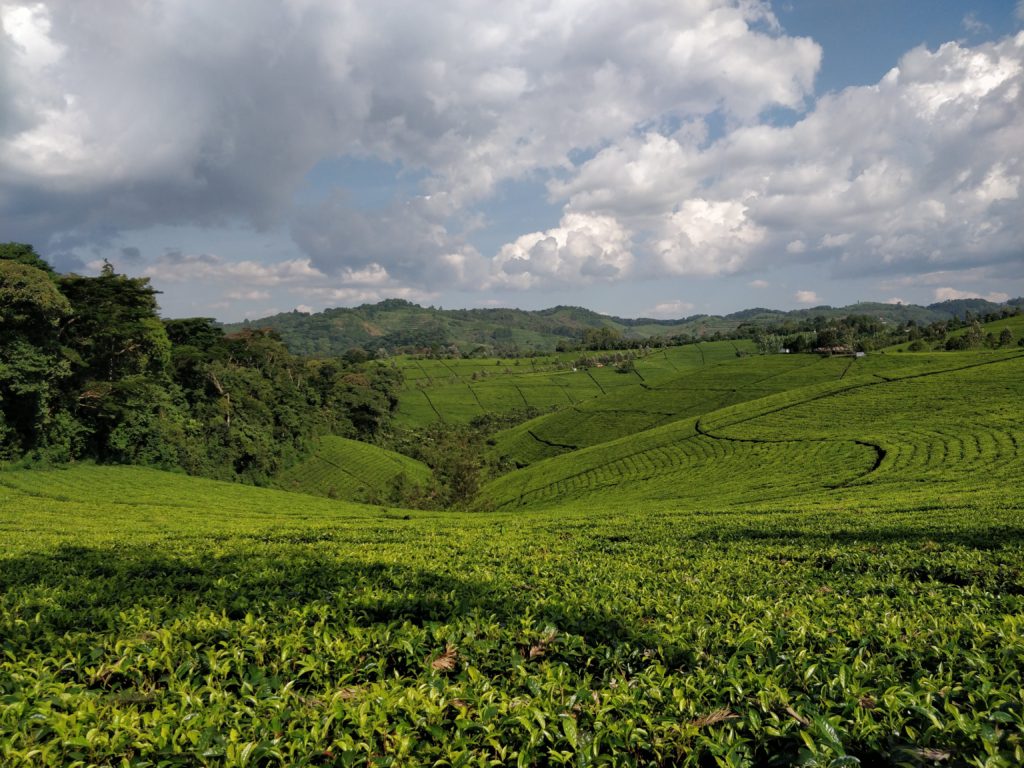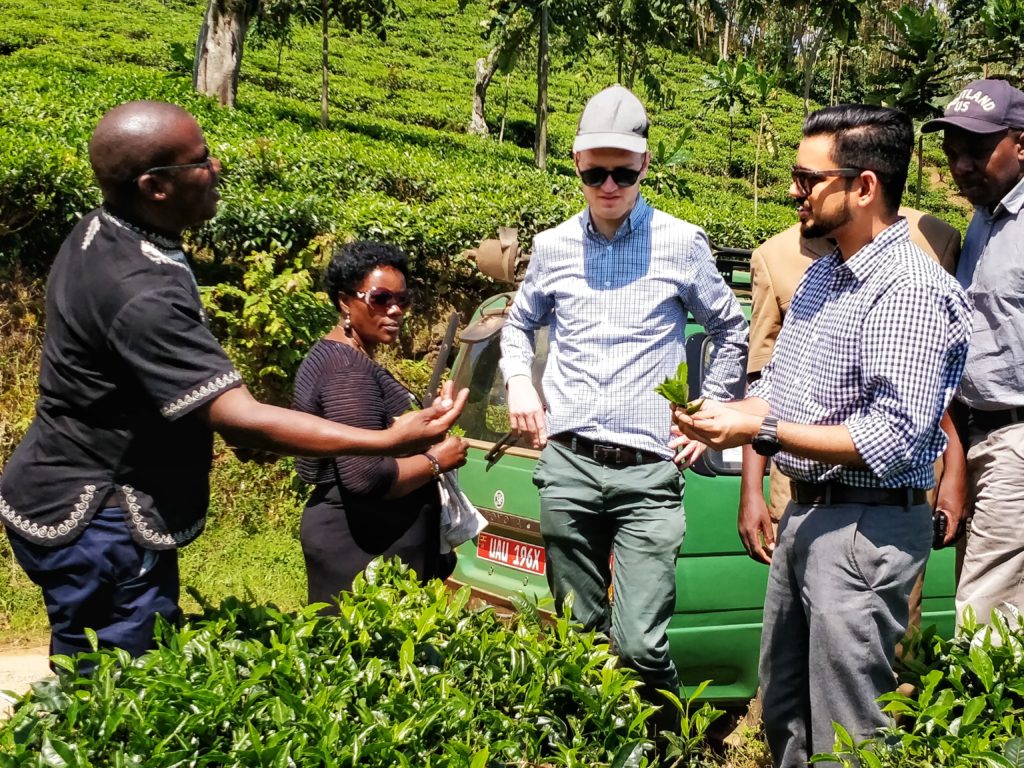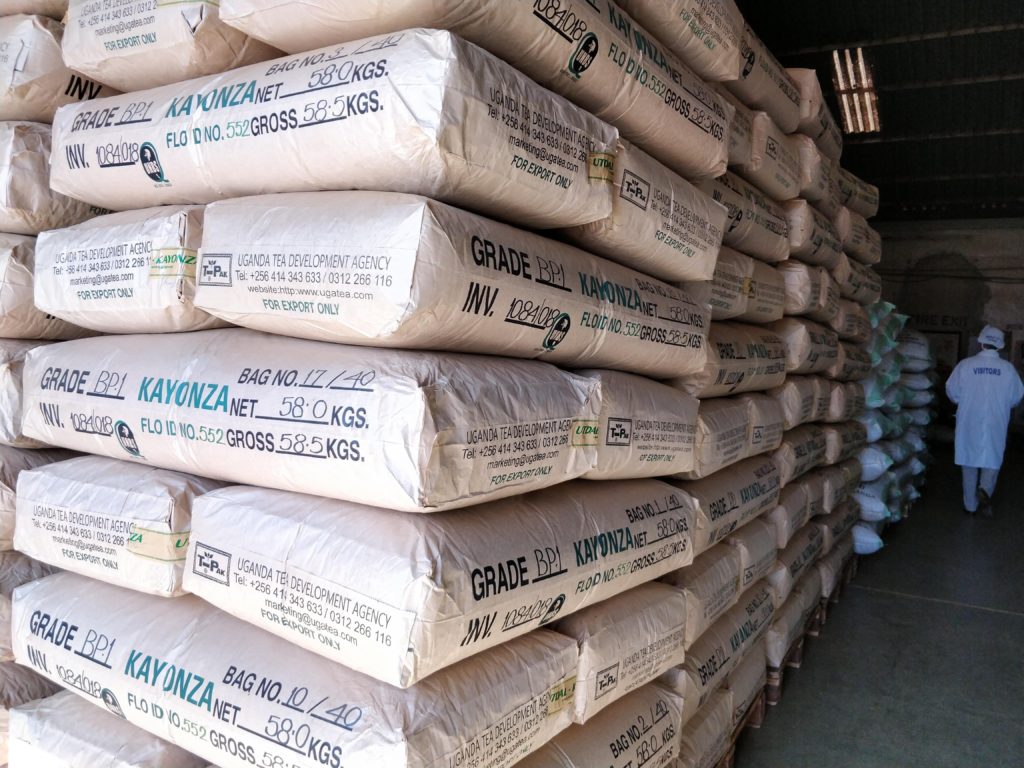
by: Masud Rahman ’19
My work with UNDP in 2018 focused extensively on impact investing and other alternative financial vehicles focusing on the sustainability bottom line in community-led efforts. As a part of the work, I had the privilege to join our team in an investment scoping mission in Uganda. IPED helped me take this amazing trip through the IPED Summer Internship Fellowship.
During our short trip, we went to visit the Kayonza Growers Tea Factory in the remote region of Kanungu, at the border of Southwest Uganda. Kayonza is an Equator Prize 2015 winner. It is a cooperative tea processing plant owned by upwards of 7,000 smallholder tea growers in the region. The tea plantations cover the beautiful Bwindi Impenetrable National Park, a rainforest that is one of the last homes of mountain gorillas across the world.

Kayonza is fully owned by the farmers who supply green leaves to the plant for processing. The plant processes them and sells the tea to blenders at the Mombasa tea auction with the help of Uganda Tea Development Agency. Farmers receive a premium for their crop since they are able to share the profits by cutting down on the middlemen. The business impacts the region by providing food security to the community, both through the modest yet stable income tea provides as well as dedicated initiatives for climate-smart agriculture. The tea factory also helps conserve wildlife and nature by providing alternative livelihoods at a premium in order to deter the community from using the rainforest as a means to their economic livelihood.
We went to Kayonza to scope out the business prospects, investment readiness, and sustainability practices of the business. We spent our days visiting the plant, the tea estates, and deep dive discussions with the management and the community. Kayonza has been a profitable venture for its shareholders for quite some time. However, the yield increase resulting from good farming and land management practices has caused a bittersweet problem for the processing unit. The current yield surpasses their processing capacity, resulting in wasting in the crop production. Our discussion of the investment prospects centered around extending into a new plant, and alternative ways of taking care of the excess yield.
Kayonza’s focus on benefiting the community was extremely pleasing for us. The areas of impact included rainforest and wildlife conservation, water, energy use, gender, labor health and safety, community economic livelihood, food security and land use. Further detail on their impacts on the community and the wildlife are documented in their Equator Initiative profile, and the accompanying mini documentary. Our visit to Kayonza was also documented in further detail in a photo essay that was written by fellow IPED student and UNDP Programme Assistant Kelly Cannon for the New York Declaration on Forests, focusing on how alternative livelihoods can contribute to a reduction in deforestation.
During the mission, I learned various ways of assessing and quantifying impact, and was able to enhance my skills to evaluate investment readiness for potential investment opportunities. Our findings and steps forward will be available soon on the Equator Initiative website.



